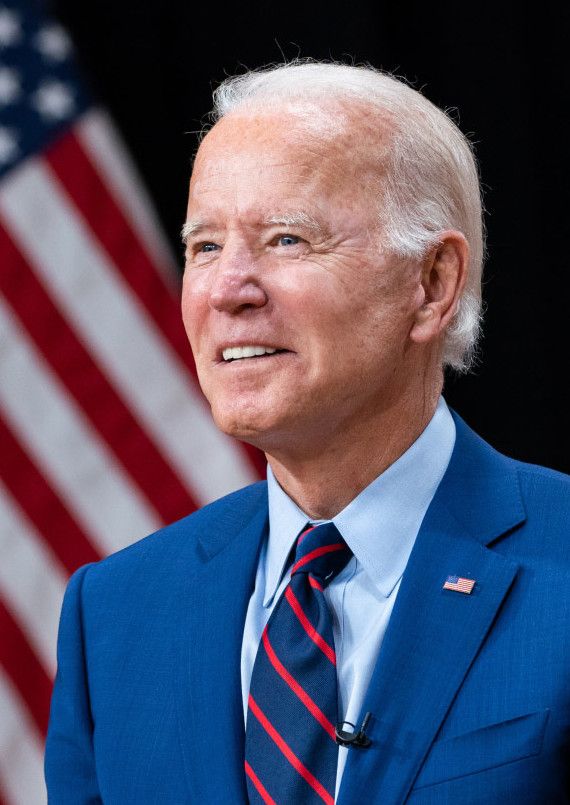
The public career of Joseph Robinette Biden Jr., spanning over five decades, has been characterized by a distinctive political journey marked by both significant legislative achievements and recurring periods of intense public scrutiny. From his early days in the U.S. Senate to his tenure as the 46th president of the United States, his public image has been a continuous subject of discussion, particularly concerning his communication style, age, and overall health.
Born on November 20, 1942, in Scranton, Pennsylvania, Biden’s path into politics began modestly after graduating from the University of Delaware in 1965 and Syracuse University College of Law in 1968. His early professional life saw him practicing law, initially as a public defender, and later securing a seat on the New Castle County Council in 1970. This foundational period showcased a nascent political ambition and an emerging public profile.
In 1972, at the age of 30, Biden achieved a remarkable feat by defeating incumbent Republican J. Caleb Boggs to become the junior U.S. senator from Delaware. He was considered to have no chance of winning, with minimal campaign funds, relying instead on face-to-face voter engagement. His energy and ability to connect with voters’ emotions proved decisive, securing his place as one of the youngest senators in U.S. history.

However, this early triumph was swiftly followed by profound personal tragedy, as his wife Neilia and one-year-old daughter Naomi were killed in an automobile accident weeks after his election. This devastating event deeply affected him, leading to contemplation of resignation and profound religious doubt. Despite these immense personal challenges, he was persuaded to remain in the Senate, continuing his public service.
Throughout his 36 years in the Senate, Biden became known for his long commute from Washington to Wilmington via Amtrak, earning him the moniker “Amtrak Joe.” His legislative focus evolved over time, initially concentrating on consumer protection and environmental issues. He described himself as liberal on civil rights and healthcare, yet conservative on issues like abortion and military conscription.
His Senate career saw him chairing influential committees, including the Senate Judiciary Committee from 1987 to 1995 and the Foreign Relations Committee for several terms. He was a key figure in drafting and leading the passage of significant legislation, notably the Violent Crime Control and Law Enforcement Act in 1994, which included an assault weapons ban. Furthermore, he spearheaded the Violence Against Women Act, which he has cited as his most significant legislative accomplishment.
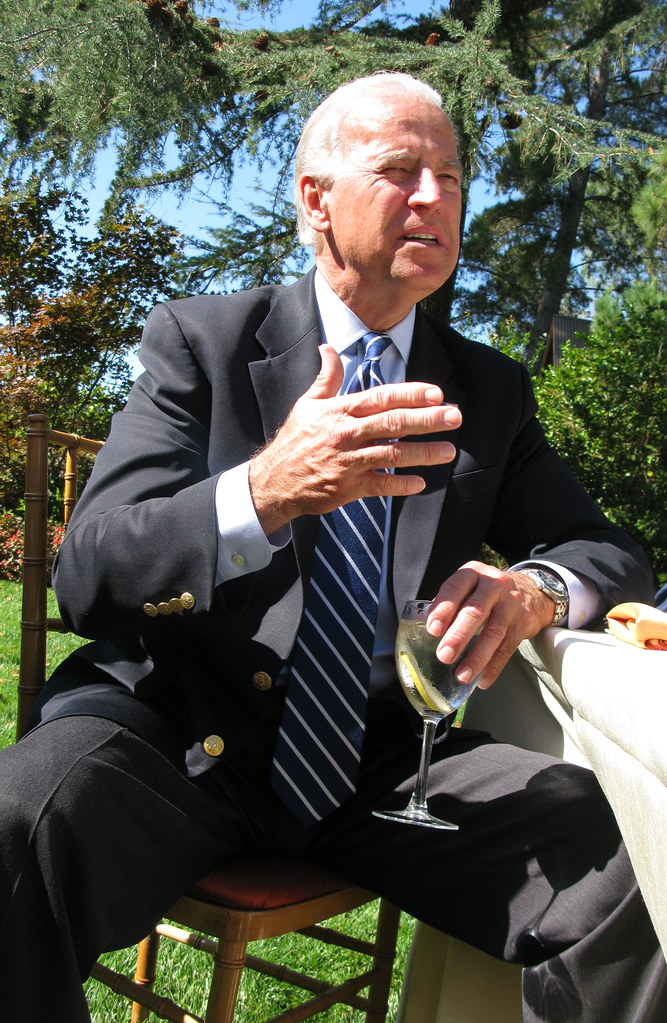
However, some of his legislative actions drew significant criticism. The 1994 crime law, for instance, became unpopular among progressives and was criticized for contributing to mass incarceration. Biden later expressed regret for its passage, reflecting on the long-term implications. Similarly, his support for measures like the Defense of Marriage Act in 1996 and provisions banning gay people from serving in the military in 1993, while consistent with his stated positions at the time, later faced strong opposition from various groups.
His role in U.S. Supreme Court confirmation hearings as Judiciary Committee chair also brought him into the national spotlight, often under intense scrutiny. The contentious hearings for Robert Bork in 1988 and Clarence Thomas in 1991 were particularly high-profile. While he was praised for fairness in the Bork hearings, his handling of the Anita Hill accusations during the Thomas hearings drew strong criticism from liberal legal advocates and women’s groups, who felt he had not done enough to support Hill’s testimony.
Biden’s foreign policy stances as chairman of the Senate Foreign Relations Committee were generally characterized as liberal internationalist. He voted against the Gulf War in 1991 but later supported the NATO bombing of Yugoslavia during the Kosovo War in 1999. His advocacy for intervention in the Bosnian War in the mid-1990s, when both the Bush and Clinton administrations were hesitant, was a point of particular pride for him.
His vote in favor of the Authorization for Use of Military Force Against Iraq in 2002, which approved the U.S. invasion, also attracted considerable attention. As committee chair, he presented witnesses who, in retrospect, “grossly misrepresent[ed] the intent, history, and status of Saddam and his government, and touted Iraq’s fictional possession of weapons of mass destruction.” By 2005, he called his vote a “mistake” and later opposed the troop surge in 2007, shifting his position on the war.
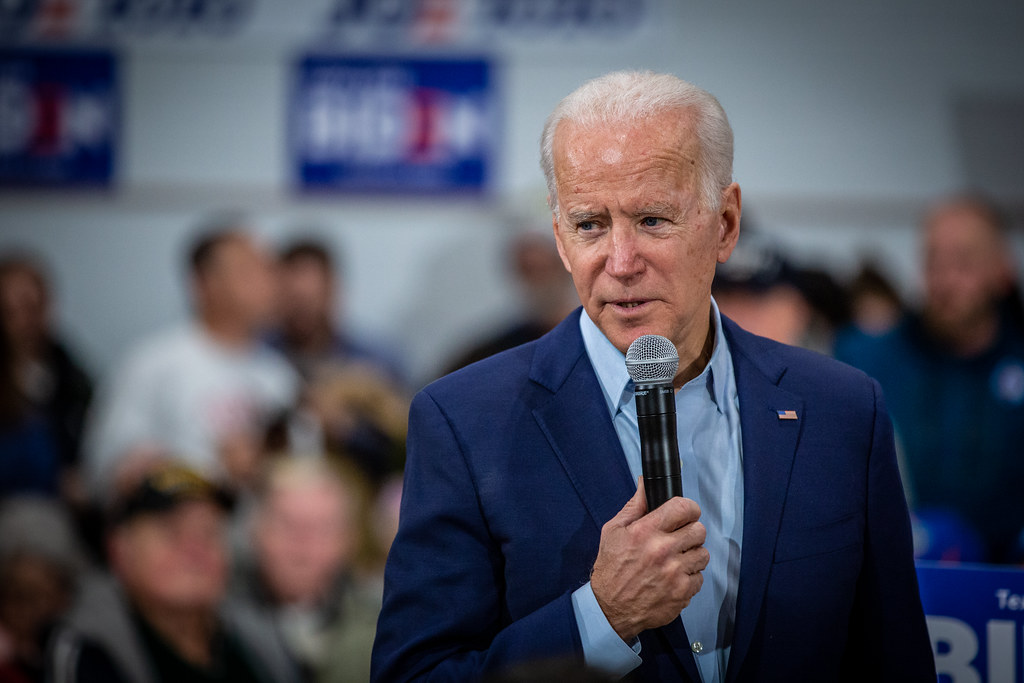
Biden’s aspirations for the presidency led to campaigns in 1988 and 2008, both of which faced considerable challenges related to his public image. His 1988 campaign, initially strong, faltered amid accusations of plagiarizing a speech by British Labour Party leader Neil Kinnock. Further disclosures revealed instances of using passages from speeches by Robert F. Kennedy and John F. Kennedy, and earlier, from Hubert Humphrey. Additionally, it was publicized that he had plagiarized text from a law review article during law school.
Compounding these issues were “false or exaggerated claims about his early life,” including statements about earning three degrees, attending law school on a full scholarship, graduating in the top half of his class, and marching in the civil rights movement. These revelations led to the withdrawal of his candidacy, illustrating how close scrutiny of a candidate’s past can significantly impact their political viability. The limited news cycle at the time amplified these disclosures, contributing to his downfall.
His 2008 presidential bid, though ultimately unsuccessful against the high-profile candidacies of Barack Obama and Hillary Clinton, raised his stature within the political landscape. Despite struggles in fundraising and attracting large crowds, his performance in debates and appeal to working-class voters were noted. It was during this campaign that the relationship between Biden and Obama evolved, leading to Obama’s selection of Biden as his running mate.
As Vice President, Biden sought to define a distinct role, moving away from the expansive responsibilities assumed by his predecessor, Dick Cheney. He was sworn in on January 20, 2009, as the first vice president from Delaware and the first Roman Catholic to hold the office. Within the Obama administration, Biden was described as a contrarian, helping to counter groupthink and challenging others to defend their positions, a role valued by White House chief of staff Rahm Emanuel.
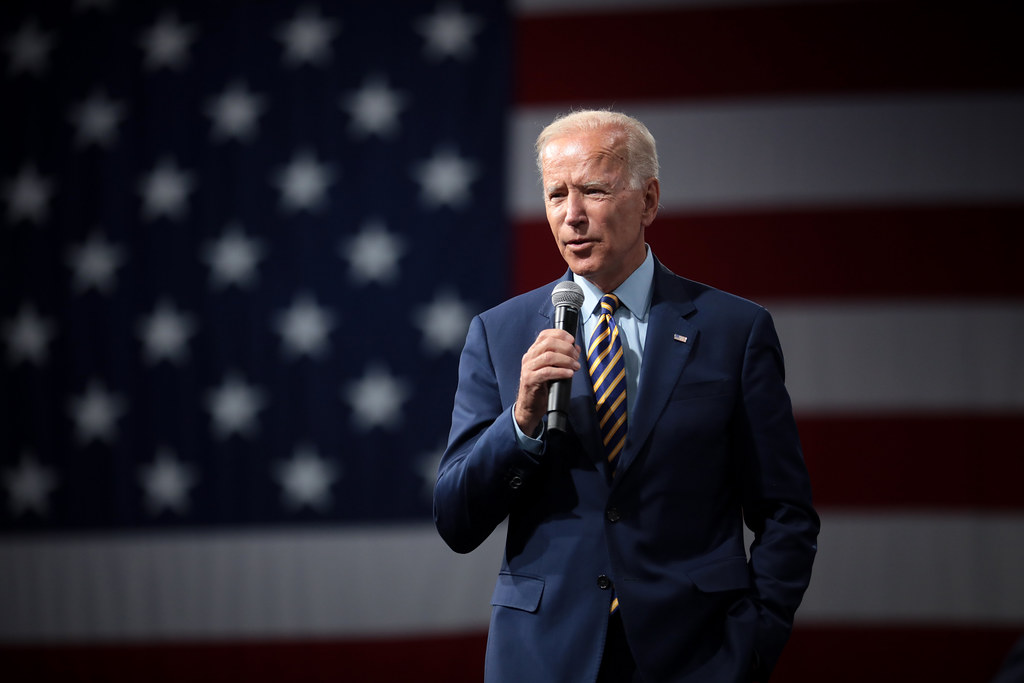
During his vice presidency, Biden oversaw infrastructure spending from the Obama stimulus package aimed at counteracting the ongoing recession. He also played a crucial role in foreign policy, with Obama delegating him to oversee Iraq policy and deliver messages to the Iraqi leadership. Despite some initial differences with Secretary of State Hillary Clinton on troop levels in Afghanistan, his skepticism was valued, and his views gained influence as the administration refined its strategy.
His communication style, however, continued to draw attention. An “off-message response” in April 2009 regarding the swine flu outbreak led to a swift White House retraction, reviving his “reputation for gaffes.” Instances like his candid remark to Obama about the Affordable Care Act being “a big deal” were picked up by hot mics, demonstrating a less formal approach than often seen in high office.
Privately, even Obama acknowledged Biden’s “propensity for colorful remarks,” asking, “How many times is Biden gonna say something stupid?” Obama campaign staffers even coined the term “Joe bombs” for his blunders, highlighting internal frustrations with his unscripted comments. Despite these communication challenges, Biden’s strong performance in the 2012 vice-presidential debate against Paul Ryan was considered a key factor in Obama’s eventual re-election, a moment where his distinctive communication style, including the popularized phrase “a bunch of malarkey,” resonated with voters.
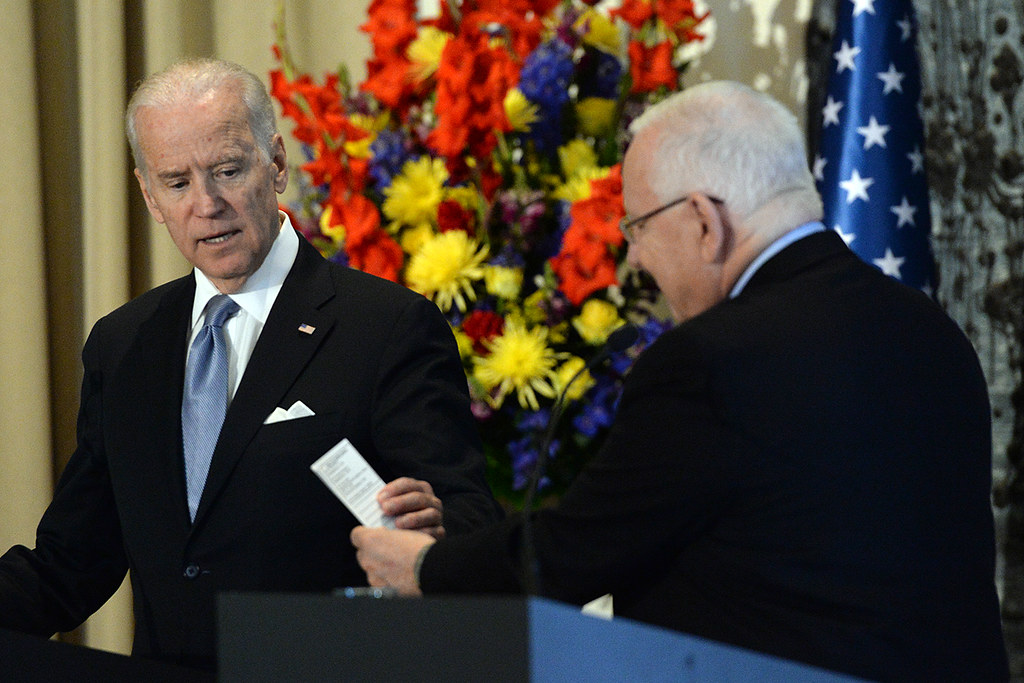
Upon assuming the presidency in 2021, Biden faced a nation grappling with the COVID-19 pandemic and a subsequent recession. His early actions included signing the American Rescue Plan Act, a significant response to these crises, and later, bipartisan bills on infrastructure and manufacturing. He also appointed Ketanji Brown Jackson to the Supreme Court of the United States, a historic nomination.
His foreign policy as president included rejoining the Paris Agreement and overseeing the complete withdrawal of U.S. troops from Afghanistan, a move that led to the Taliban seizing control and drew considerable criticism. He responded to the Russian invasion of Ukraine by imposing sanctions on Russia and authorizing aid to Ukraine, and during the Gaza war, condemned Hamas, strongly supported Israel, and sent humanitarian aid to the Gaza Strip. These complex international challenges consistently placed his administration under intense public and international scrutiny.
Perhaps the most persistent theme of scrutiny during his presidency revolved around his age and health. Concerns about these aspects “persisted throughout his term.” He made history as “the first president to turn 80 years old while in office,” a milestone that amplified public discourse on his fitness for the demanding role. This growing focus on his age contributed to a narrative of vulnerability in the public eye.
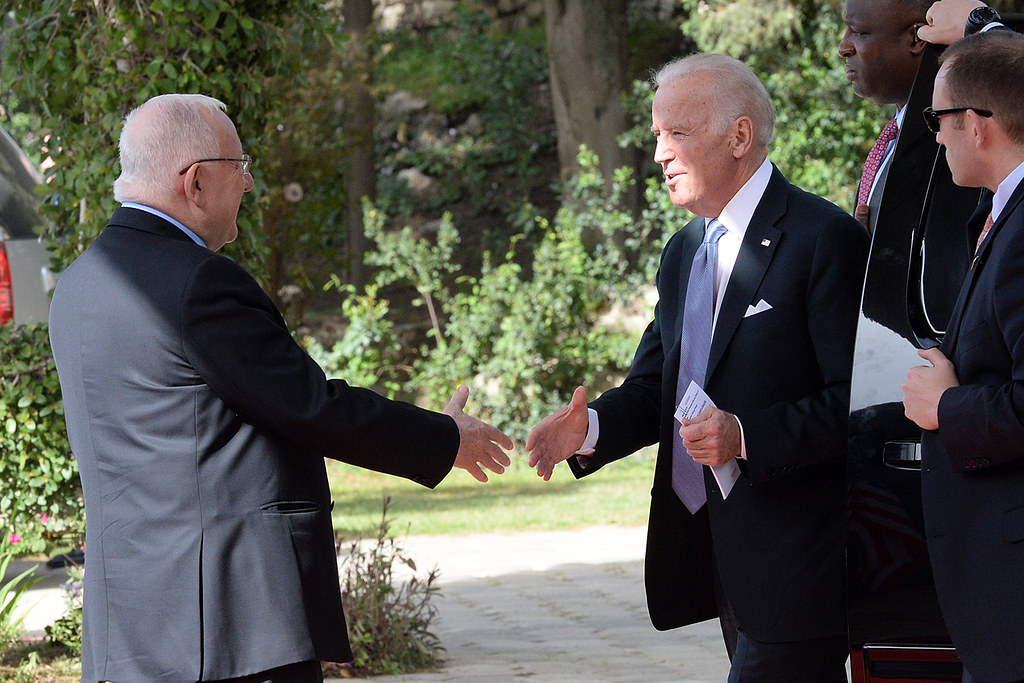
His job approval ratings, which began with majority support, saw a “significant decline throughout his presidency.” This decline was attributed “in part to public frustration over inflation,” which peaked at 9.1% in June 2022. The economic conditions directly contributed to widespread public dissatisfaction and fueled ongoing criticism of his administration’s performance.
The culmination of these concerns manifested profoundly during his 2024 presidential campaign. After initially seeking reelection and becoming the Democratic Party’s presumptive nominee, his performance in the first presidential debate intensified “renewed scrutiny from across the political spectrum about his cognitive ability.” This heightened public and political focus ultimately led him to withdraw his candidacy.
Despite the public’s often “unfavorable public assessments of his tenure,” particularly regarding his job approval, scholarly and historical rankings of his administration in 2022 and 2024 diverged, often ranking it favorably. This contrast highlights a complex legacy, where immediate public perception and historical evaluations may not always align. As the oldest living former U.S. president and the only one from the Silent Generation, Biden’s tenure presents a rich case study in the intersection of personal attributes, political challenges, and evolving public scrutiny.
Joseph R. Biden Jr.’s long and winding path through American politics has been a testament to resilience, marked by deeply personal tragedies and profound professional achievements. Yet, it has also been a continuous exercise in navigating an often unforgiving public spotlight. From early gaffes and controversial policy stances to the persistent focus on his age and cognitive ability during his presidency, his journey consistently exemplifies how a public figure’s personal attributes and communication style intertwine with policy outcomes and public sentiment. His story, etched into the annals of American leadership, offers a compelling narrative of enduring service shaped by both the power of his convictions and the relentless gaze of public scrutiny, ultimately demonstrating the multifaceted nature of leadership in a highly connected and critical era.



